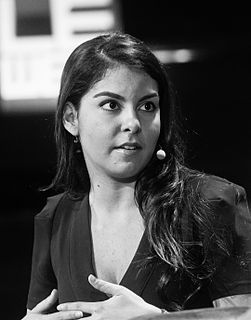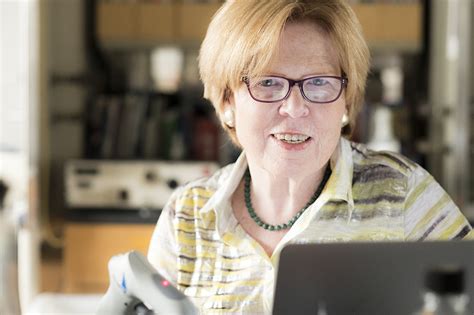A Quote by Steve Jurvetson
By developing deep learning solutions that are faster, easier, and less expensive to use, Nervana is democratizing deep learning and fueling advances in medical diagnostics, image and speech recognition, genomics, agriculture, finance, and eventually across all industries.
Related Quotes
One of the things that Baidu did well early on was to create an internal platform for deep learning. What that did was enable engineers all across the company, including people who were not AI researchers, to leverage deep learning in all sorts of creative ways - applications that an AI researcher like me never would have thought of.
Deep-learning will transform every single industry. Healthcare and transportation will be transformed by deep-learning. I want to live in an AI-powered society. When anyone goes to see a doctor, I want AI to help that doctor provide higher quality and lower cost medical service. I want every five-year-old to have a personalised tutor.
The best results are achieved by using the right amount of effort in the right place at the right time. And this right amount is usually less than we think we need. In other words, the less unnecessary effort you put into learning, the more successful you'll be... the key to faster learning is to use appropriate effort. Greater effort can exacerbate faulty patterns of action. Doing the wrong thing with more intensity rarely improves the situation. Learning something new often requires us to unlearn something old.
One of my relatives had been asking me on how he could break into AI. For him to learn AI - deep-learning, technically - a lot of facts exist on the Internet, but it is difficult for someone to go and read the right combination of research papers and find blog posts and YouTube videos and figure out themselves on how to learn deep-learning.
There is first the problem of acquiring content, which is learning. There is another problem of acquiring learning skills, which is not merely learning, but learning to learn, not velocity, but acceleration. Learning to learn is one of the great inventions of living things. It is tremendously important. It makes evolution, biological as well as social, go faster. And it involves the development of the individual.





























